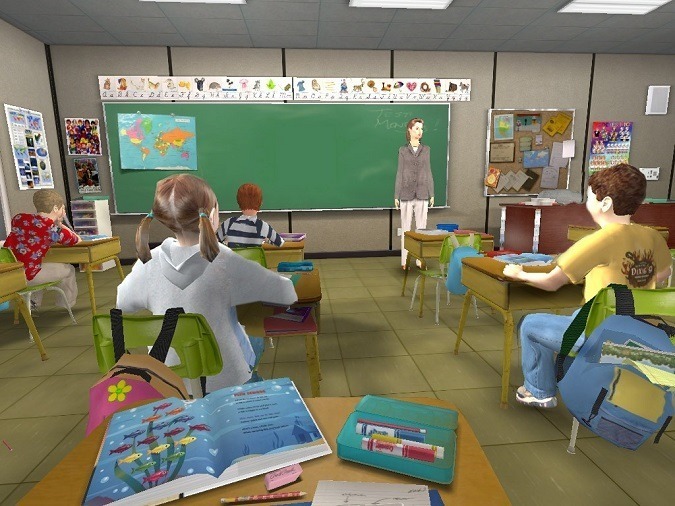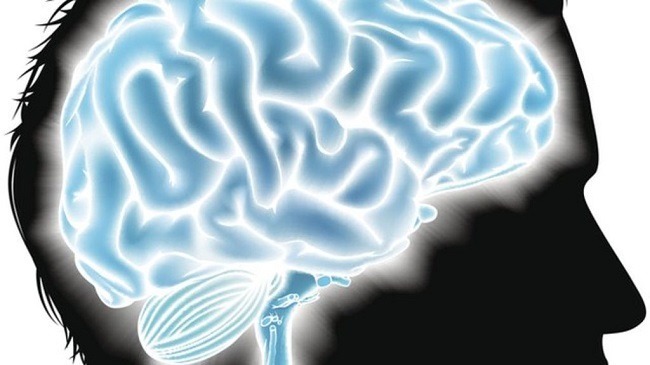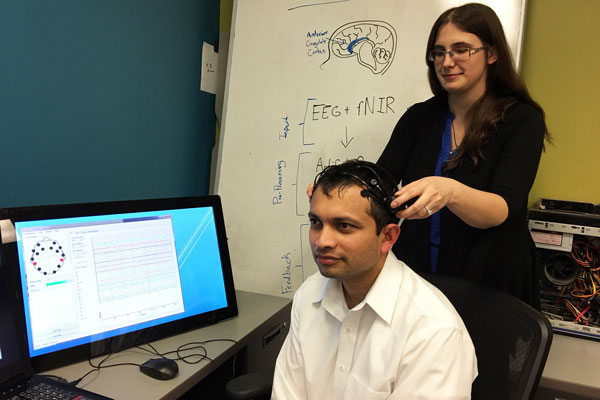Posts Tagged ‘Neurofeedback’
Initial study finds promise and limitations in using virtual reality (VR) to treat ADHD
___ Given the limitations of existing evidence-based ADHD treatments, i.e., stimulant medication and behavior therapy — research on novel intervention approaches continues to be important. Cognitive training is one such approach that has been suggested as a potential adjunct or even replacement for medication treatment. While cognitive training takes different forms, e.g., computerized attention training,…
Read MoreNews you can use: To improve memory, exercise brain and body at the same time
___ Time for SharpBrains’ eNewsletter tracking the latest thinking, research and tools for brain health. This month we feature five fascinating interviews at the frontier of applied neuroscience and a recent study suggesting that “Performing memory training exercises at the same time as pedaling a stationary bike led to better gains in memory than doing…
Read MoreNHS Choices helps improve brain health and science literacy by reporting findings in context — as seen in this brain training & schizophrenia example
___ Video game-based ‘brain training’ may help people with schizophrenia (NHS Choices): “People with schizophrenia can be trained by playing a video game to control the part of the brain linked to verbal hallucinations,” BBC News reports
Read MoreOhio Opioid Technology Challenge funds program testing neurofeedback-based brain training to reduce cravings and battle opioid addiction
_______ Battling Addiction With Brainpower (University of Dayton press release): “The University of Dayton Research Institute has won a $10,000 Ohio Opioid Technology Challenge award for a program that will teach people with opioid addictions how to reduce their cravings by regaining control of their brains. “Using neurofeedback, we’ll work with our volunteers to help…
Read MoreHow will the Clinicians, Patients and Consumers of the Future ensure appropriate use of brain enhancement methods encompassing lifestyle, supplements, brain training, meditation, bio/ neurofeedback, tDCS and more?
How will the Clinicians, Patients and Consumers of the Future ensure appropriate use of brain enhancement methods encompassing lifestyle, supplements, brain training, meditation, bio/ neurofeedback, tDCS and more? (recording requires registration; view slidedeck above or Here) Dr. Eddie Martucci, Co-Founder and CEO of Akili Interactive Labs Dr. Anna Wexler, science writer, filmmaker and postdoc fellow at the Department of Medical…
Read MoreThe future (of Brain Health & Enhancement) is already here — it’s just not very evenly distributed
_____ “The future is already here — it’s just not very evenly distributed” — William Gibson Last week we asked the question, Have you ever used–for yourself or for others–technologies or products that you think would fall into the category of brain enhancement? a) If Yes, what did you use and what lessons learned can you…
Read More




